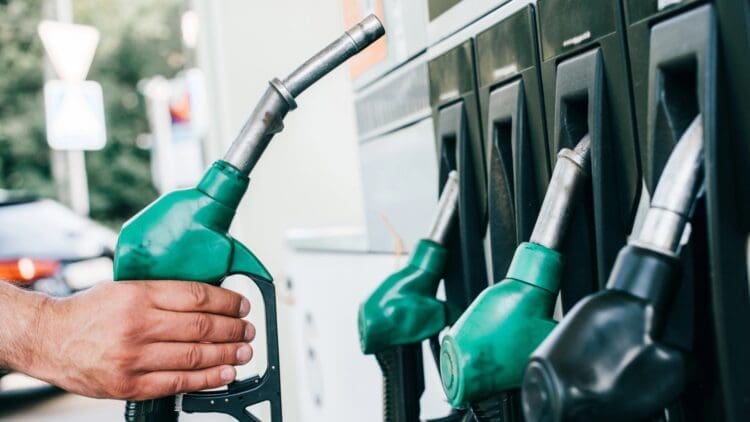The unavoidable impact of the latest round of sanctions on Russian energy resources has affected the global energy market, with Germany seeing a sharp increase in diesel and jet fuel prices as the world deals with the reality that the reliance on Russian energy is coming to an end. The war in Ukraine has devastated the European continent’s energy market as most nations aim to cut ties with Moscow. The United States imposed new sanctions on two of Russia’s largest energy companies, which led to an immediate increase in fuel prices across the board.
The United States’ sanctions on Russia have forced the European energy sector to diversify its supply chain
Since the war in Ukraine began, the European Union has imposed several rounds of sanctions on Russia, 19 to date in fact. However, the United States has kept a dialogue with Moscow open as it aims to foster a peace deal and ceasefire for both Russia and Ukraine to agree upon.
However, in August of this year, the situation took a turn for the worse. President Trump invited Putin to a meeting in Alaska to try to develop a peace deal that would end the conflict in central Europe. Following a less-than-ideal discussion with Putin, the US President walked away from the summit visibly displeased with his Russian counterpart and promised the US would take action.
The US imposed new sanctions on Russian energy companies in October
Following the disastrous meeting in Alaska, Mr. Trump has now issued a new wave of sanctions on two of Russia’s largest energy companies, Rosneft and Lukoil. Almost immediately, the market reacted, and the price of diesel and other fuels that were previously supplied by Moscow skyrocketed. The sanction created a volatile energy market as the world reacted to a future without Russian imports.
The US sanctions have impacted Germany’s diesel supply chain, forcing the nation to diversify its suppliers
The immediate reaction to the sanction on Russia was immense. The market quickly saw unprecedented increases in diesel prices. The result for Germany in particular is that the nation has noted its plans to diversify its supply chain to a life without Russian energy. Germany will increase energy imports from other diesel-producing nations.
The major supplier for Germany, ironically, is the same nation that has led to the diesel price skyrocketing, the United States. It should be worth mentioning that Germany boasts the largest economy in Europe and that any shifts in its diesel supply chain will need to be met with a new shift in infrastructure and logistics. At the moment, US diesel makes up roughly 75% of Germany’s imports.
Due to the increased imports of US energy resources, the ports of Germany have become an essential logistics tool for the European nation. Germany’s advanced terminal capacity enables it to efficiently handle the increased imports of diesel from America. As Europe braces for a future without Russian energy in all its forms, the market instability has become all too evident thanks to the new sanctions on Russia.
The new wave of sanctions is exemplary of Europe’s aim to end the war in Ukraine
While the market reactions to the sanctions are a cause for concern, the realization that the energy sector can not rely on a single country for its energy resources has become all too evident. Russia has dominated the energy market across several sectors for decades, despite ongoing geopolitical tensions in the region. Lukoil, in particular, has recently been forced to divest its holdings in foreign energy projects to compensate for a loss in stock prices. The future of the energy sector in Europe has become as volatile as the war it aims to end through its sanctions.





